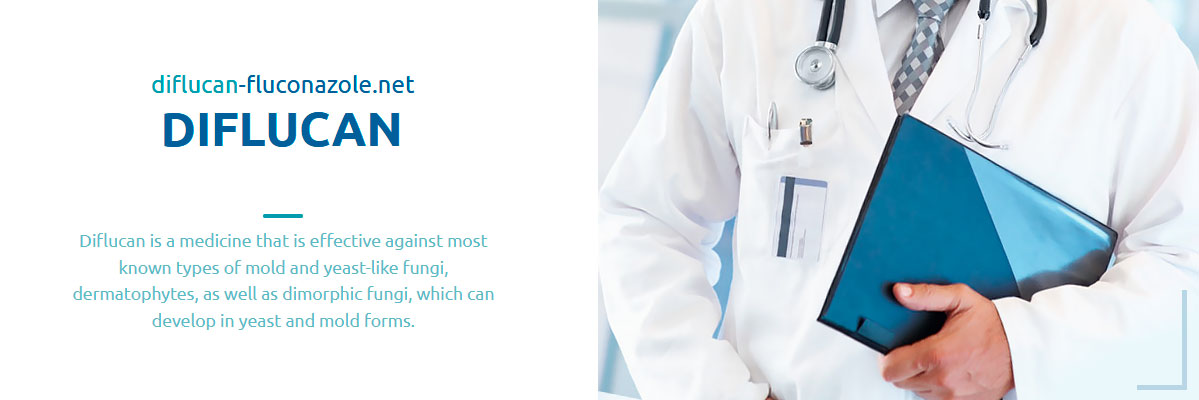Most often, sore throat is caused by bacteria: staphylococci and streptococci. But sometimes fungi, most often from the genus Candida , become the cause of the disease . Treatment of each type of sore throat requires a special approach.
Causative agents of the disease
Candida fungi are always present in the body. They become pathogenic only if special conditions are created for this. It is considered to be the provoking factors:
- insufficient maturity of the immune system in young children;
- state of immunodeficiency;
- chronic diseases that weaken the body;
- diabetes mellitus and other diseases of the endocrine system;
- treatment with antibiotics, immunosuppressants, steroids, as well as chemotherapy for oncological diseases;
- alcohol abuse, heavy smoking.
Symptoms of fungal sore throat
In general, fungal angina proceeds in a milder form, does not develop so quickly. Symptoms, usual for sore throats, are less pronounced , the temperature does not rise so much. Fungal sore throats are characterized by:
- moderate weakness;
- headache ;
- temperature rise to 37.5 ° -38 °;
- discomfort when swallowing, sore throat;
- swollen lymph nodes.
On the swollen, reddened tonsils, you can see a yellowish or whitish coating, similar to particles of cottage cheese. If you try to remove this plaque with a cotton swab, you will find a shiny, dark red surface underneath . Sometimes, after removing the plaque, a bleeding wound surface remains.
Plaque can spread to the tissues surrounding the tonsils: uvula, pharynx, soft palate.
Treatment of fungal sore throat
Treatment for fungal sore throat includes ingestion of antifungal drugs, gargling, or inhalation. To rinse use Miramistin , Chlorhexidine, decametoxine , Geksoral and other drugs.
During treatment, you should avoid eating sugar and sweets.
Only a doctor can correctly determine the type of sore throat. You cannot self-medicate, since each type of disease requires a special approach.
